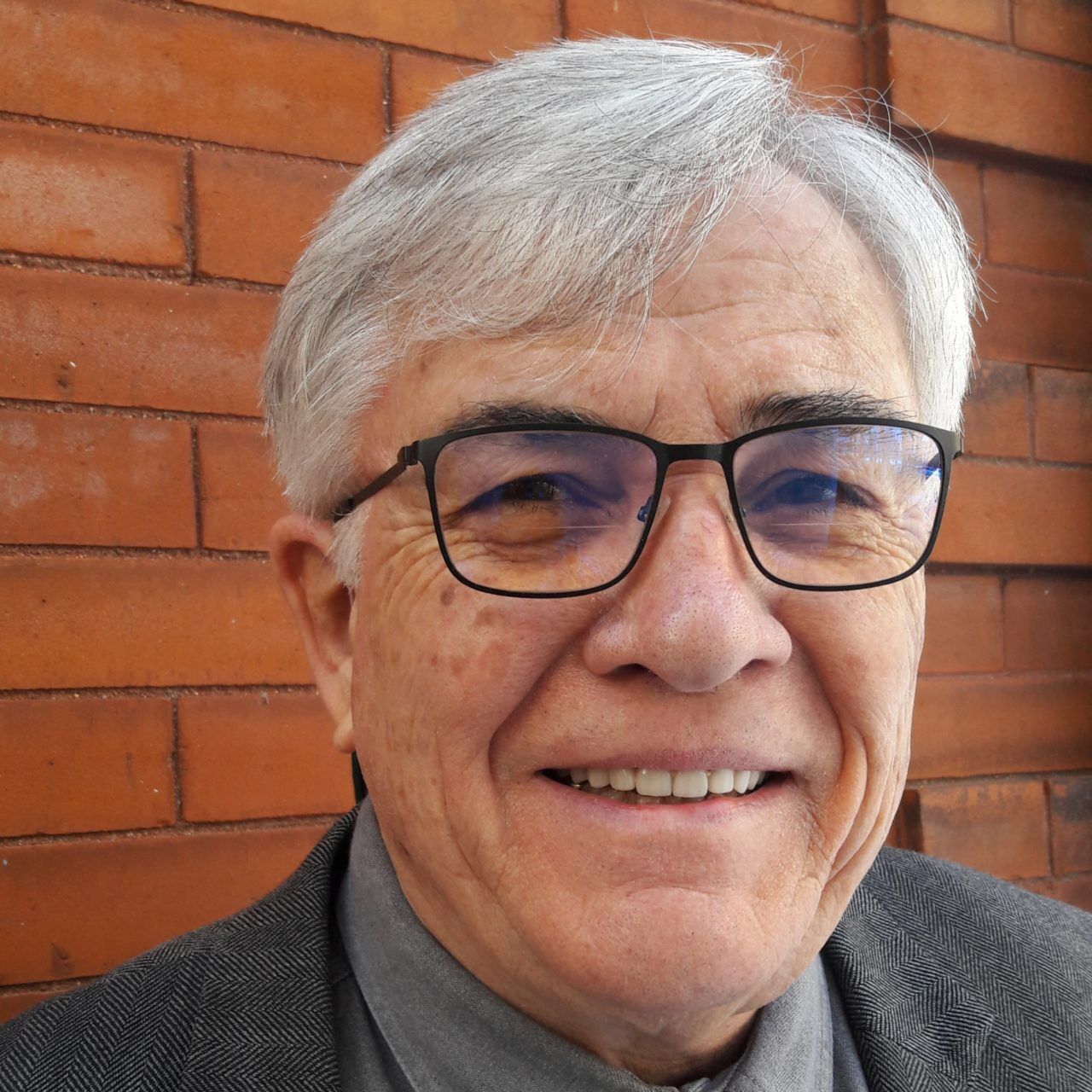HUDSON | Promises made — and swept under the rug

I’ve been pondering the consequences of political promises recently and tuned in to the presidential debate this past week in hopes of curating a few current samples of the art. That hope proved a bust. The single positive result following COVID-19’s assault on the White House may be that we are mercifully saved from another insult cage match.
Epidemiologists have warned us for months that the virus doesn’t care about our political allegiances, but if we can’t keep the president protected what are your or my chances? Not good, I suspect. So, back to campaign promises. The Trump campaign’s “Promises Made, Promises Kept” slogan is both clever and likely effective with his supporters. It won’t be long, however, before Democrats publish a competing list of “Promises Made, Promises Forgotten”: featuring a balanced federal budget by 2020 and a cheaper, better replacement for Obamacare that’s been coming in two weeks since 2017.
There is a temptation at every level of government for candidates to trot out an inconsistent list of dubious assurances designed to assuage constituent grievances. With the exception of George H. W. Bush, who painfully discovered his “Read My Lips, No New Taxes” pledge would be resurrected by a vengeful Ross Perot, politicians rarely pay a price for promises swept under the rug. The casual commitments most likely to return and bite a candidate, however, are doctrinal demands from their party’s extremists.
We are witnessing this now, with economic implications for Colorado, as Joe Biden slowly moonwalks in reverse on fracking. During the primaries he hinted at support for a ban on any further fracking anywhere. He has recently ratcheted this back to federal lands, primarily those under BLM supervision. As our energy economy undertakes what will prove a decades long conversion to renewable sources there is little reason to intrude on National Park lands or designated wilderness areas. Yet it’s not all that difficult to imagine geo-political upheavals which could force a renewed reliance on natural gas and American petroleum reserves while we are crossing that energy bridge.
The Middle Eastern petroleum reserves supplying both Southeast Asia and many of our European allies continue to flow under the nearly constant threat of disruption. There is merit to the argument that both our personal and global health will be well served if a significant portion of these reserves are left in the ground for future generations. The American economy has prospered as we reached energy independence — a surprising achievement believed nearly impossible prior to fracking.
Yet, it is ready access to these newly tapped domestic reserves that may be required on short notice in order to sustain the world’s democratic economies. Entire books have been written on why petro-states seem to display a penchant for autocratic rulers. Energy reliance on the Russian kleptocracy and its ilk comes at a high price. For better or worse, a strategic reserve capable of stabilizing economic markets lies under our feet here in Colorado — not to mention industry estimates that 18,000 jobs and a $100 million in annual tax revenues benefiting rural communities resides on our federal lands. This option should remain safely available.
When I ran for the Legislature in 1978, I was campaigning at one of the high-rise senior residences on West Colfax when a woman approached me describing the constant misery of nausea prompted by her chemotherapy treatments for breast cancer. She lamented that, “I can watch pot sales taking place on the sidewalk outside every day, but I can’t purchase medical marijuana that will allow me to hold down a meal.” On impulse, I promised I would introduce a bill to establish a prescription program at the Colorado Department of Health. Once elected, she made sure I kept my word.
In early December I learned the House Health Committee Chairman, Republican Art Herzberger of Colorado Springs, was scheduling my bill for a hearing on the first day of the 1979 session – looking for a quick kill of a crazy Democratic proposal. Fortunately, Dr. Solomon Garb at National Jewish Hospital in Lakewood had conducted the research that found marijuana was an effective anti-emetic. He helped me assemble a reasonably persuasive case and invited medical witnesses supporting a Colorado prescription program.
What I did not know was that Representative Herzberger’s wife, Lucky, was also undergoing breast cancer treatment. Using his Chairman’s prerogative he unexpectedly tabled my bill without a vote. Several months later he offered to co-sponsor my legislation and Colorado became the first state in the nation to authorize a marijuana prescription program.
Happily, my constituent received Colorado’s first prescription. Soon thereafter, first lady Dottie Lamm accessed the program as well. Few campaign promises turn out that successful. Truth be told, the more you learn about any policy the more likely you are to be cautious making hasty commitments.













